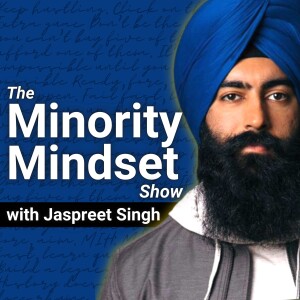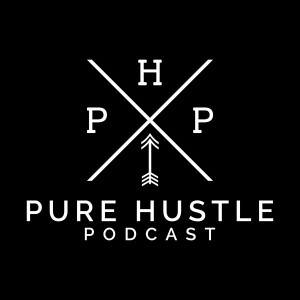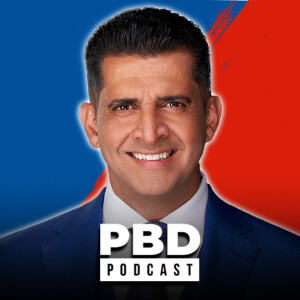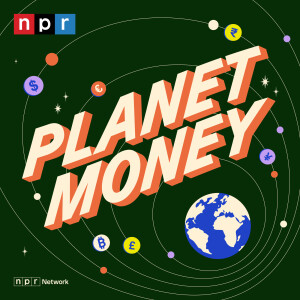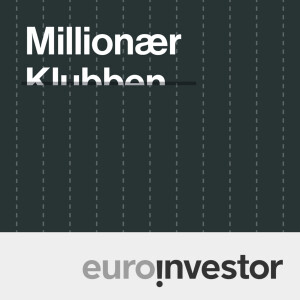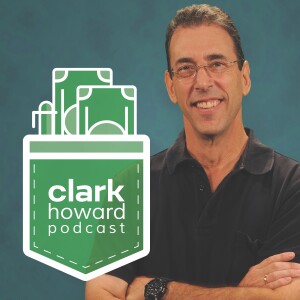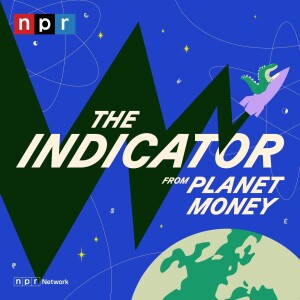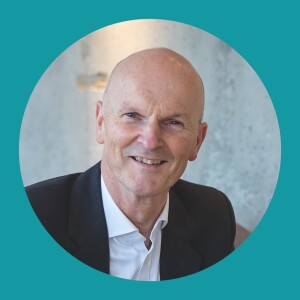

The Compassionate Leadership Interview
https://feeds.captivate.fm/compassionate-leadership/Episode List
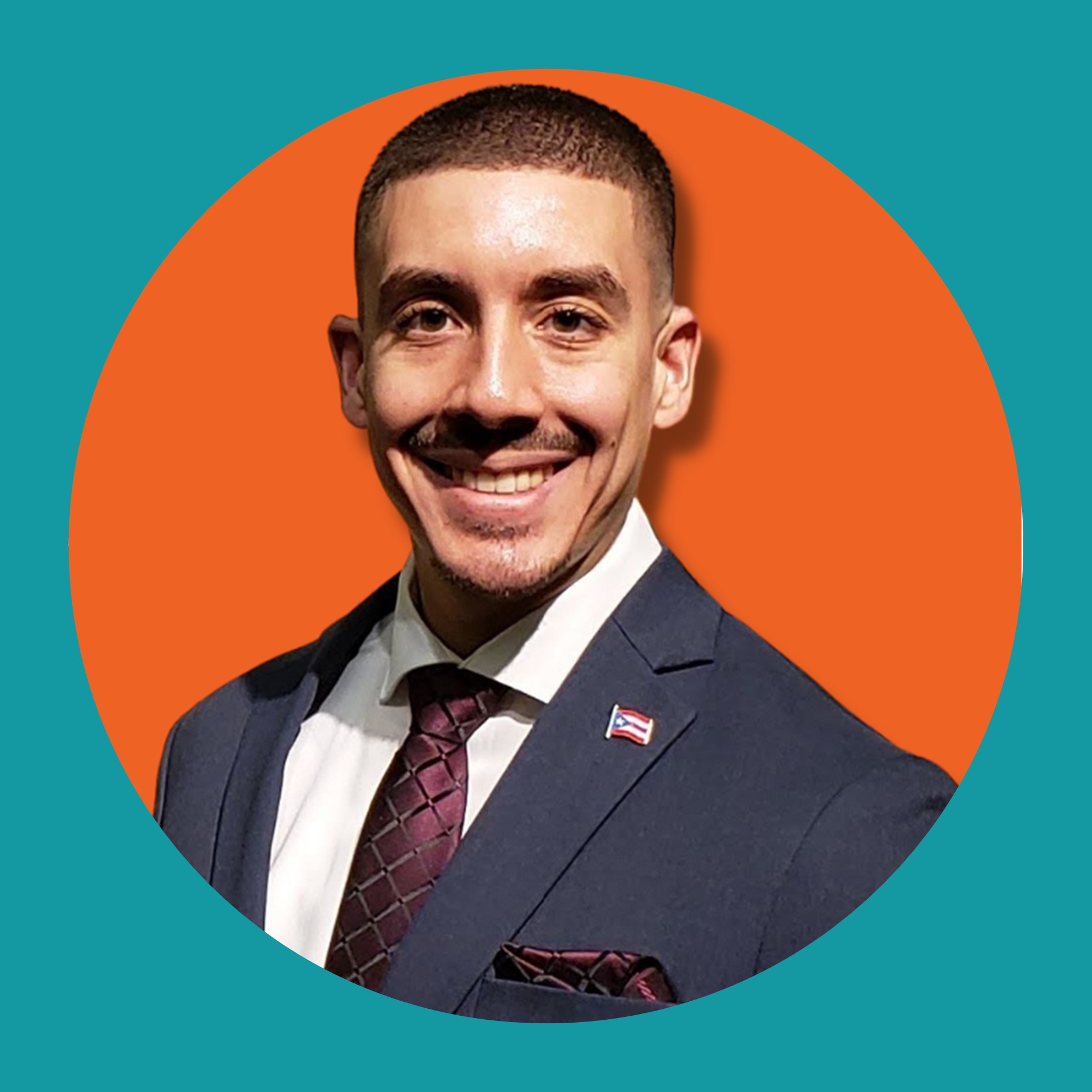
Mark Berrios-Ayala, Allyship
Mark Berrios-Ayala, Lawyer, is a Board Director of the Gwen S Cherry Black Women Lawyers Association, Regional Vice President of District Three of the Puerto Rican Bar Association of Florida, and author of ‘Let’s Get Sincere’, a book on being an ally.Allyship is basically helping a resilient or disadvantaged community that is not your own.There is something of a history of allyship in the Puerto Rican community in the United States. Mark makes reference to The Young Lords, a group that supports neighbourhood empowerment for Puerto Rican and Latinos communities, but also women and LGBTQ.Mark’s book covers the political, social and spiritual dimensions of allyship. He makes the distinction between de jure, that is officially sanctioned, discrimination and de facto discrimination, which though not officially sanctioned is still real.Social discrimination is about, for example, being the only person in your workplace that is from your community. In this situation differences can lead to a lack of promotion opportunities or unfair termination. The spiritual dimension concerns the complications that faith can bring to allyship, particularly if the ally or the resilient community are eager to convert others.Good reasons to be an ally are if you have connections with a particular resilient community, for example friends, a job within the community, an affinity for their culture. Above all, you should have sincere motives and not hidden ones. And you should recognise that an ally cannot fix every problem for a community; for example mentorship does not feed people, mend broken families, provide stability and structure, or provide access to health and education.Mark lists nine behaviours that are helpful in an ally: courage, compassion, honesty, loyalty, consistency, selflessness, sacrifice, perseverance, and sincerity. There is a degree of overlap between these.Mark has experienced allyship in his own life, though at the time he may not have recognised it as such: one ally was a teacher who gave him guidance and widened his horizons. His proudest achievements to date are writing the book, becoming an attorney (five years ago), and sitting on various volunteer bar associations.In most instances his biggest mistakes have been associated with letting the advice of others override his personal intuition. This is one of the reasons that his book is written as a guide to help people think through the issues and come to their own conclusions rather than a set of rules.Apart from his own book, Mark would recommend ‘How to Win Friends and Influence People’ by Dale Carnegie, and ‘The Art of War’ by Sun Tzu. The latter emphasises the importance of knowing yourself and also the obstacles you face, which is quite relevant to allyship. He would also recommend ‘The Art of Seduction’ by Robert Greene, a book on how to manipulate and use people. If you are a member of a resilient community or an ally to one, it is helpful to understand the behaviour of predators. Mark says “if you want to learn you to defeat an manipulator you have to learn how they manipulate.”Mark’s self-care regime includes the gym, healthy eating and meditation. Spending time with friends and watching sport are other self-care activities. In addition, being involved in various voluntary organisations provides him with social support, new places to go, and fun.His advice to his 20-year-old self is quite specific: take a different prep class for law school, be more ambitious in your applications for law school, relax and spend more time on physical exercise in your first year. And his advice to his 25-year-old self would be “you will find a job but it won’t be exactly what you think it is, and that’s OK.”
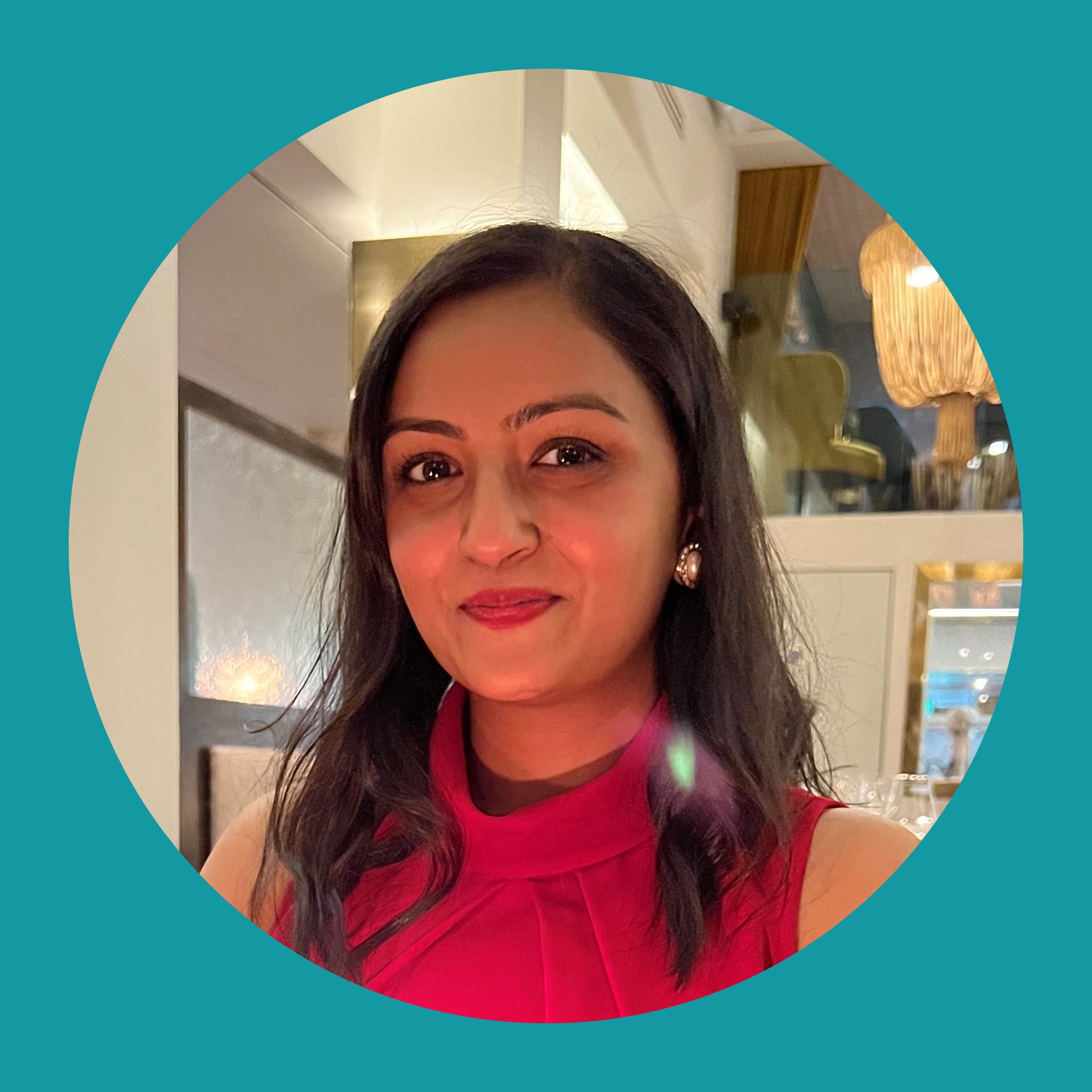
Darshna Patel, leading with kindness
Darshna Patel is Deputy Head of Workforce Planning for Health Education England, former Vaccine Programme Director for Kingsbury Mandir, and a GP Pharmacist.The role of Health Education England is to support the delivery of excellent healthcare and healthcare improvement. It does this by ensuring that the workforce of tomorrow is sufficient in number and has the right skills, values, and behaviours.Darshna qualified as a pharmacist before moving into NHS management. A talk by someone from GlaxoSmithKline inspired her to take up pharmacy. She found that she enjoyed the people and patients dimension of hospital pharmacy, and that in turn led her into general practice, and then a lead role in a Primary Care Network. More recently she has specialised in workforce planning. She describes her career to date as a “meandering river”, led by her values and interests.Darshna was named as one of the 50 Leading Lights in the 2021 Kindness and Leadership Awards, partly in recognition of her work in setting up the world’s first vaccination centre in a Hindu temple, The Kingsbury Mandir. She sees kindness as crucial to effective leadership, particularly where collaboration is involved, which means virtually all situations in the ‘social age.’ “It’s about valuing what… everyone brings to the table” she says.Her outlook is strongly informed by her first-hand experience of positivity and kindness at work. In her first job as a hospital pharmacist, she found herself faced with a myriad of ethical dilemmas. A conversation with a ward matron helped to validate her experience, and uphold her values when she felt most vulnerable. For Darshna, the three pillars of leading with kindness are: making ripples – small acts that serve to change a culture over time; nurturing psychological safety – discussing the concept, co-creating a list of behaviours that make it real; being authentically kind – challenging your intent.In her Leading Lights interview, Darshna used Julian Stodd’s expression ‘the Social Age’. He talks about the rise of the rise of “radically connected, and empowered, social communities.” Darshna rejects the idea that she and Julian are being irrationally positive. She has sat with the concept for some time and believes it explains a lot of her experiences in relation to the pace of change and communication.Darshna is writing a chapter in Amar Rughani and Joanna Bircher’s latest book, “Leadership Hikers.” (Amar Rughani was our guest in episode 33 of this podcast.) The subject will be ‘leading with kindness.’ It has helped her process and reflect on her experiences, particularly at the vaccination centre.Darshna believes that kindness has a key role to play in navigating the current crisis in the NHS, with particular regard to staff mental health, innovation, retention, and patient wellbeing. She offers the performance of the Kingsbury Mandir as an example of what is possible when one builds an organisation using kindness as a guiding principle.Darshna sees mistakes as opportunities for learning and growth. If there is one thing she could have done better in recent times, it is looking after herself in order to be able to look after others.Nowadays, Darshna is more intentional about self-care. She practices yoga, tries to eat well, , and goes for long walks. On her walks she practices gratitude, which she says is the precursor of joy.Darshna is a practicing Hindu. Her spiritual leader, who sadly departed in 2020, has been a significant inspiration on her journey. He was someone who led a worldwide faith, while maintaining the ability to connect closely with individuals, and he personally embodied kindness.Darshna recommends Brene Brown’s podcasts ‘Dare to Lead’ and ‘Unlocking Us.’ She has recently read Brene’s book ‘Atlas of the Heart.’ At present she is reading ‘The Gifts of Imperfection.’
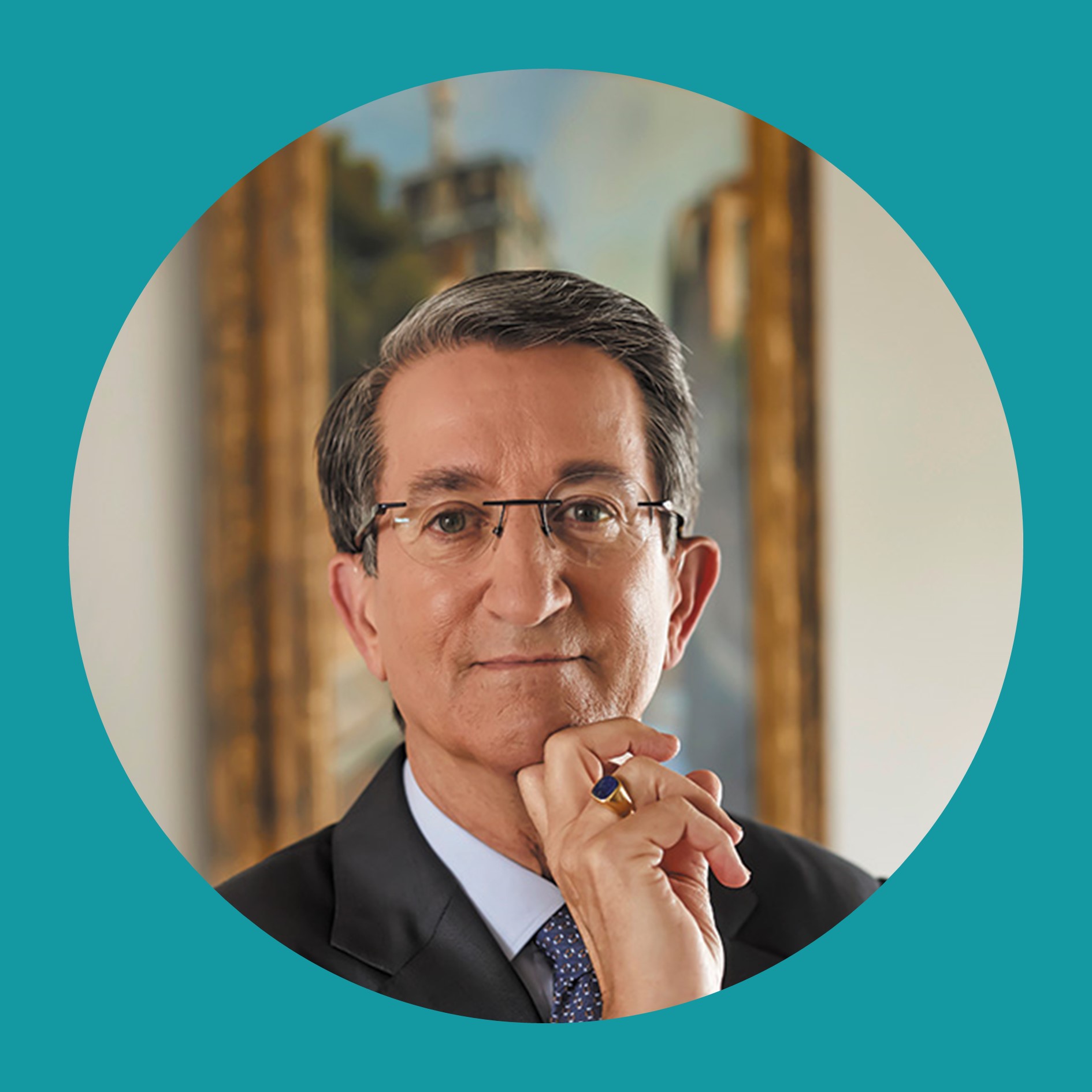
Donato Tramuto, the double bottom line
Donato Tramuto is a Compassionate Leadership Activist, Global Health Advocate, former CEO of Tivity Health, Founder of the Tramuto Porter Foundation, and author of a second book - ‘The Double Bottom Line: How Compassionate Leaders Captivate Hearts and Deliver Results.’Donato believes that employees, consumers, and stakeholders are demanding that employers take care of their people, their communities, and the world around them. There’s a strong imperative for employers to focus on their people as well as on profit, and, Donato maintains, by focussing on their people they will actually strengthen their bottom line.Donato lost most of his hearing when he was eight years of age. And for nearly ten years he was to all intents and purposes deaf. In consequence he was bullied at school and at home. His sister-in-law died in childbirth and his brother and nephew died in a car accident. Two close friends and their child lost their lives on 9/11. The experience of these tragedies has given Donato a degree of insight into the sufferings of others.Donato believes compassion to be a driver of success: greater employee involvement leads to improved productivity, and better employer and manager wellbeing, and morale.His book is underpinned by interviews with 41 global leaders, and a survey of 1,500 US employees.Donato maintains that the idea that compassionate leadership is weak leadership is a myth. His model of compassionate leadership is based on the three ‘t’s of tenderness, trust, and tenacity. In the absence of trust, tough decisions meet with resistance. Gaining trust involves listening to understand.Donato would propose to dispense with the word “feedback”, which he feels has negative connotations. He prefers “constructive insight” and moreover would always ask permission of the employee before providing it.Donato says vulnerability is “a significant quality associated with compassionate leadership.” He didn’t embrace it fully until 2014, when he received a Robert F Kennedy “Ripple of Hope Award” and took the opportunity to acknowledge that he was gay and had been in a partnership for 25 years.He launched two not-for-profit foundations in response to the loss of his friends aboard United flight 175 on 9/11. The Tramuto-Porter Foundation helps disadvantaged children pursue a college education. In 2011 Donato initiated Healthy Villages, which provides medical devices to populations that have compromised access to healthcare. Donato’s book has been well received in the US, which he believes reflects “a thirst for new leadership” and also the situation of many people as the US emerges from the pandemic, for example loneliness is “the new chronic condition of the 21st Century.”Donato is engaged in a dialogue with Boston University School of Public Health who are planning to base a curriculum on the book. Like Stephen Trzeciak, a former guest on the Compassionate Leadership Interview, he believes compassion can and should be taught.Two people who have inspired Donato on his journey are Pope John Paul II and Robert F Kennedy. He says they both demonstrated that life is not about doing great things, but about doing small things that have the capacity to generate great change.A book that Donato would recommend to aspiring leaders is ‘The Seven-Storey Mountain’ by Thomas Merton. Donato considers self-care is first and foremost about a sense of fulfilment, which in turn arises from the love, joy, and peace one finds in serving others.His advice to his 20-year-old self would be “never ever forfeit the opportunity to build a relationship with someone” and “be yourself… it’s a lot easier.”
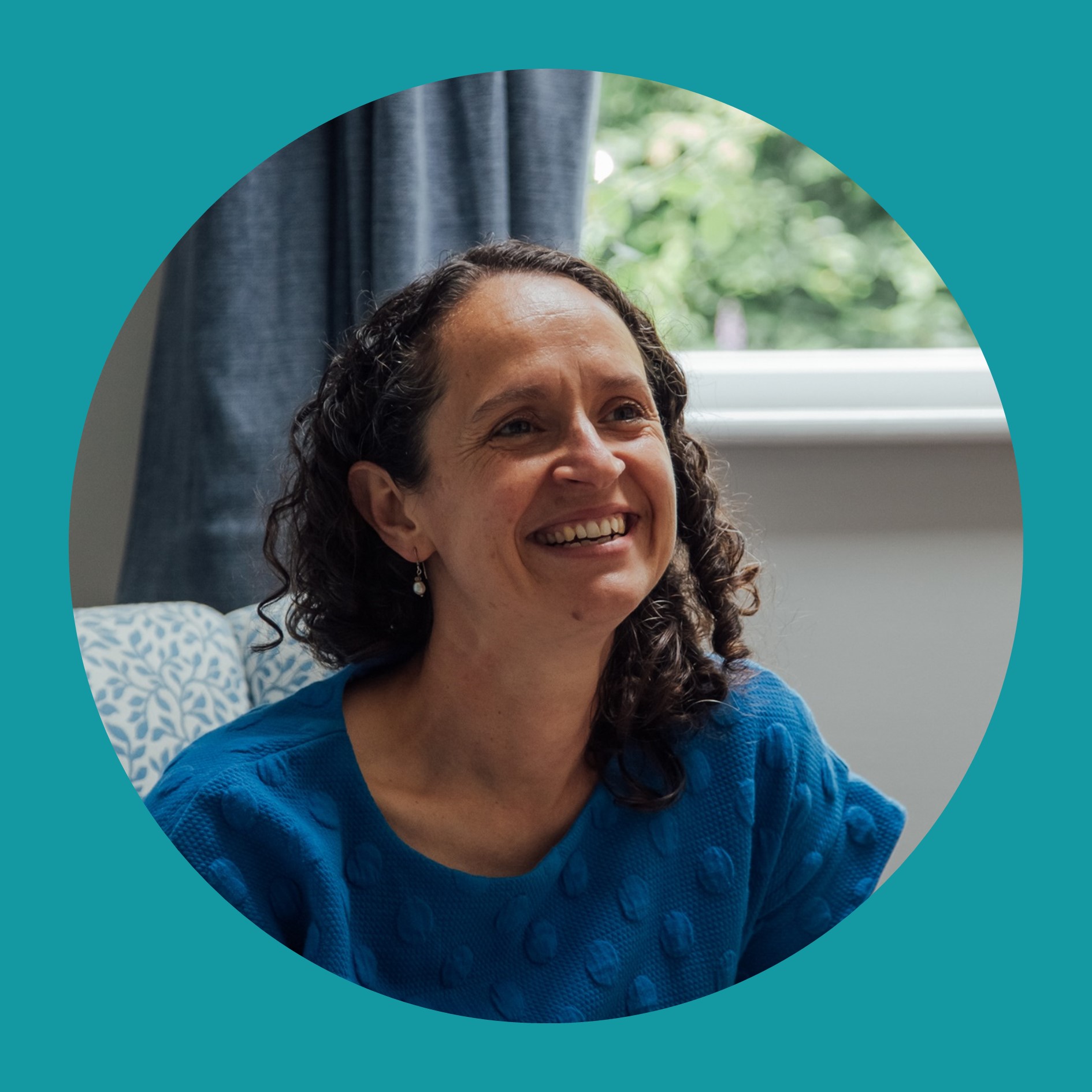
Sophie Stephenson, supporting people to be themselves
Sophie Stephenson is a teacher, facilitator and faculty member of Time to Think. (Listeners will recall that I interviewed Nancy Kline, founder of The Thinking Environment®, in episode 39 of the Compassionate Leadership Interview.)Sophie’s CV includes The Royal Navy, The Prince’s Trust, the Australian wine industry, and a masters in teaching from Melbourne University. After 10 years in Australia, she returned to the UK to start her own business, The Thinking Project. She had spent a lot of time working in large teams, but says that in the Thinking Environment she found ‘her thing.’Nancy Kline says of Sophie “her delight in life permeates it all.” Sophie says that right from being a little girl she has had “a sense of the sheer wonder of being alive.”Her LinkedIn profile states “I help brilliant women develop unshakeable confidence so they can make the impact they want without burning themselves out.” For Sophie a big part of confidence is having a really good felt sense our own boundaries: she says boundaries are not what keep people out but what allow us to feel safe enough to let people in. Burnout often results from internalising assumptions that we are not doing enough or we are not enough.Sophie loves working with women: she believes women are key to helping us transform our ways of working and the world we are living in. “We need that embodiment of compassion, kindness, wisdom, and treating people like they matter.”Sophie offers a range of courses and retreats. She says it is the people that make them so special. Her courses attract people who are already interested in how they create the conditions for themselves and others around them to thrive. Then she tries to create a place and a space where people can open up to who they are.Sophie has always written (and read). She sees herself primarily as a teacher, and to her writing is just an alternative way of communicating. She doesn’t see a tension between her courses and her writing. She loves them both.In Sophie’s December 2021 newsletter she includes a link to the Rosa Guayaba film Sawalmem. It asks “What is one word from your ancestral language which changed your life and that you can offer to the next generation to heal our relationship with the [natural] world?” Her own answer question to that question borrows from the Zen Buddhism tradition: “you have enough (as you are, right now).”Sophie’s proudest achievement is working for herself for 12 years. It would have been easy to revert to strategy and operations in an organisation, but instead she allowed herself the time to develop a business around what she loved.A lesson that Sophie has had to learn in her career is not to base her success criteria on the views of others. She now has the confidence to forge her own path, and is more discerning about whose opinion matters to her.So many people have inspired Sophie on her journey, including Thich Nhat Hanh, Nancy Kline, Brene Brown, Tara Sophia Mohr. The common denominator is that they are all teachers that are working on being vulnerable and authentic. Equally she is inspired by everyone she listens to.Sophie reads at least a book a week. She recommends that aspiring leaders don’t read books that promise to make you a better leader, but books that might make you a better human. She loves “The Anatomy of Peace” by the Arbinger Institute, also “Zen and the Art of Saving the Planet” by Thich Nhat Hanh. “The Way Out is In” (Plum Village) and “On Being” (Krista Tippett) are two of her favourite podcasts.Sophie’s tries to live her life as an act of self-care. She doesn’t see self-care as a separate activity. In particular she doesn’t let herself get too busy.Her advice to her 20-year-old self would be to stop looking outside herself for the things she will only find inside herself.
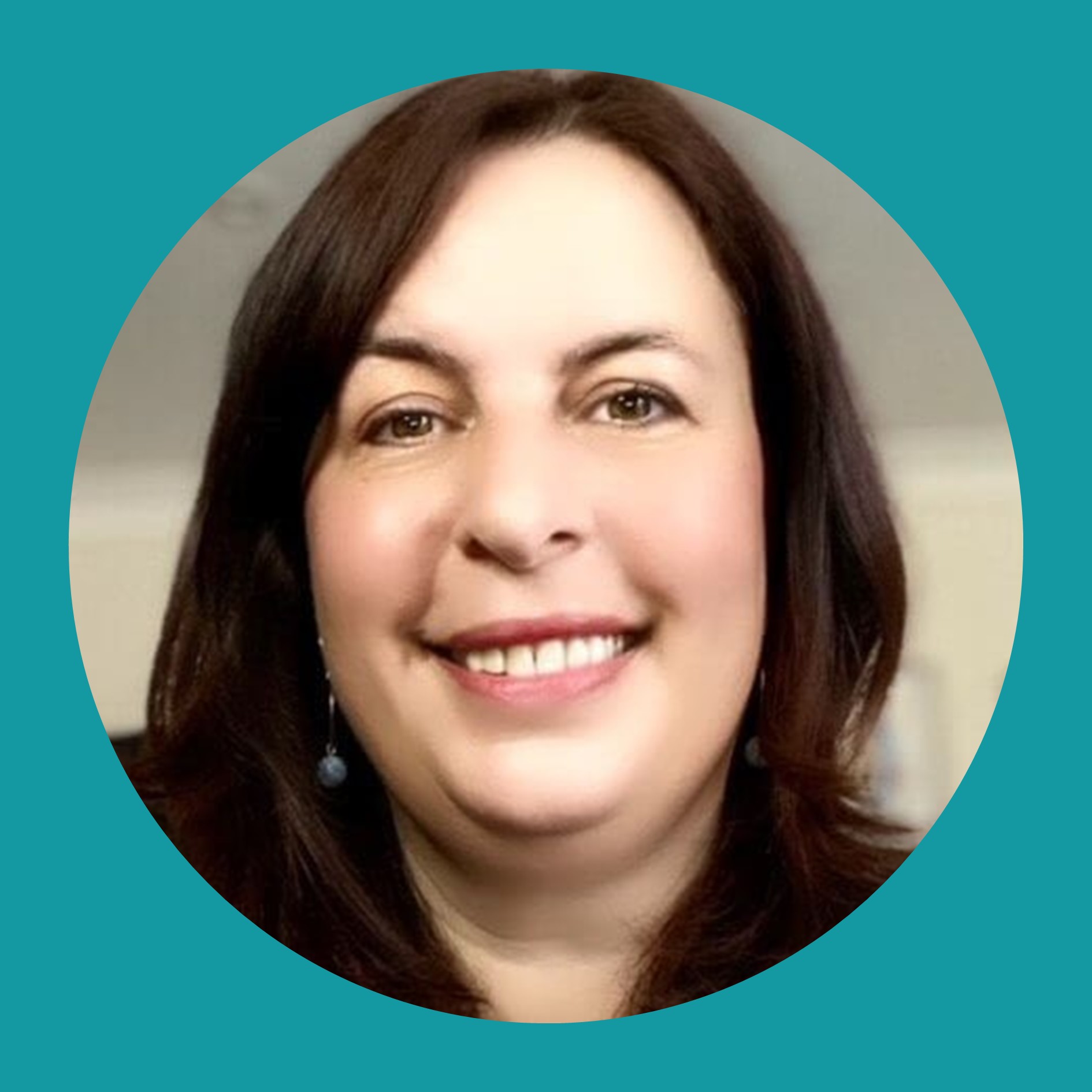
Sonya Wallbank, supporting health and wellbeing in the NHS
Dr Sonya Wallbank is People Director for an integrated care system, and part-time senior consultant to the King’s Fund.Sonya started her career in banking. The birth of her children sparked an interest in psychology, which led on to an undergraduate degree and then a doctorate in psychology. Working alongside the NHS in Leicester she explored restorative approaches that allow you to undertake challenging work whilst looking after your own mental and physical health.She has spent the last few years in NHS England and improvement supporting staff in the pandemic.In 2013 Sonya’s work on restorative clinical supervision for NHS Midlands was a finalist in the Nursing Times Awards. This recognised that staff needed an opportunity to think about burn out, and their stress responses, and to increase their compassion satisfaction, and therefore the pleasure theyfound in their job.Nowadays Sonya works most of her week in organisational design and improvement for an Integrated Care System and one day for the Kings Fund. She says the ICS work brings a sense of truth and delivery into the King’s Fund work.She says the work she did during the pandemic is the most significant thing that she has done during her working life. She says NHS England and Improvement “addressed the basic needs first”, namely a hot drink and food at work, and food shopping for home. With knowledge from other countries, they were able to help staff understand what they were facing and think through their response in advance.They looked at the experience of the person outside as well as in work, and considered what it would be like for health workers going home and having to explain the impact of the pandemic to their partner and children.2020 brought a fresh understanding into the health service of the critical importance of health and wellbeing. Sonya says that the NHS needs to see money spent on health and wellbeing as an investment in its long-term future, reducing staff absence and turnover. The pandemic has shown that “you can’t be expected to come in and do this work and not be touched byit.”In the 2021 NHS Staff Survey 33% of staff said that their trust takes positive action on health and wellbeing. That still leaves two thirds of staff in a situation where their trust is not taking positive action, or at least, if it is they aren’t aware of it. Sonya acknowledges that Trusts are still very wary of being accused of wasting public money, but they need to appreciate that caring for staff is essential to the future of the NHS.Nonetheless Sonya would agree with Michael West when he says there has been a “sea change” in the leadership approach adopted by the NHS. She says we have reached a peak in the innovation-adoption curve. People can see that collaborative working across boundaries is the future. However, there is a need for an investment in the associated infrastructure.Sonya believes a compassionate leadership approach is the way forward, but she recognises that it splits people, that there are those who believe it is a softer and less effective option.Her biggest career mistake was to take on an executive role in an organisation that was ‘broken.’ Ultimately, she could not find enough allies to make the differences she wanted to make.Dame Emily Lawson is someone who has inspired Sonya on her journey. She led the PPE and vaccination programmes during the pandemic.Sonya’s favourite book is ‘How to Win Friends and Influence People’ by Dale Carnegie. She would also recommend ‘Dare to Lead’ by Brene Brown.Her self-care regime involves surrounding herself with people she loves, doing things that she enjoys, and maintaining a sense of humour. She also tries to keep enough energy in reserve for her home life.Finally, it is about objectively observing the transient nature of some of the challenges we face.Her advice to her 20-year-old...
Create Your Podcast In Minutes
- Full-featured podcast site
- Unlimited storage and bandwidth
- Comprehensive podcast stats
- Distribute to Apple Podcasts, Spotify, and more
- Make money with your podcast

